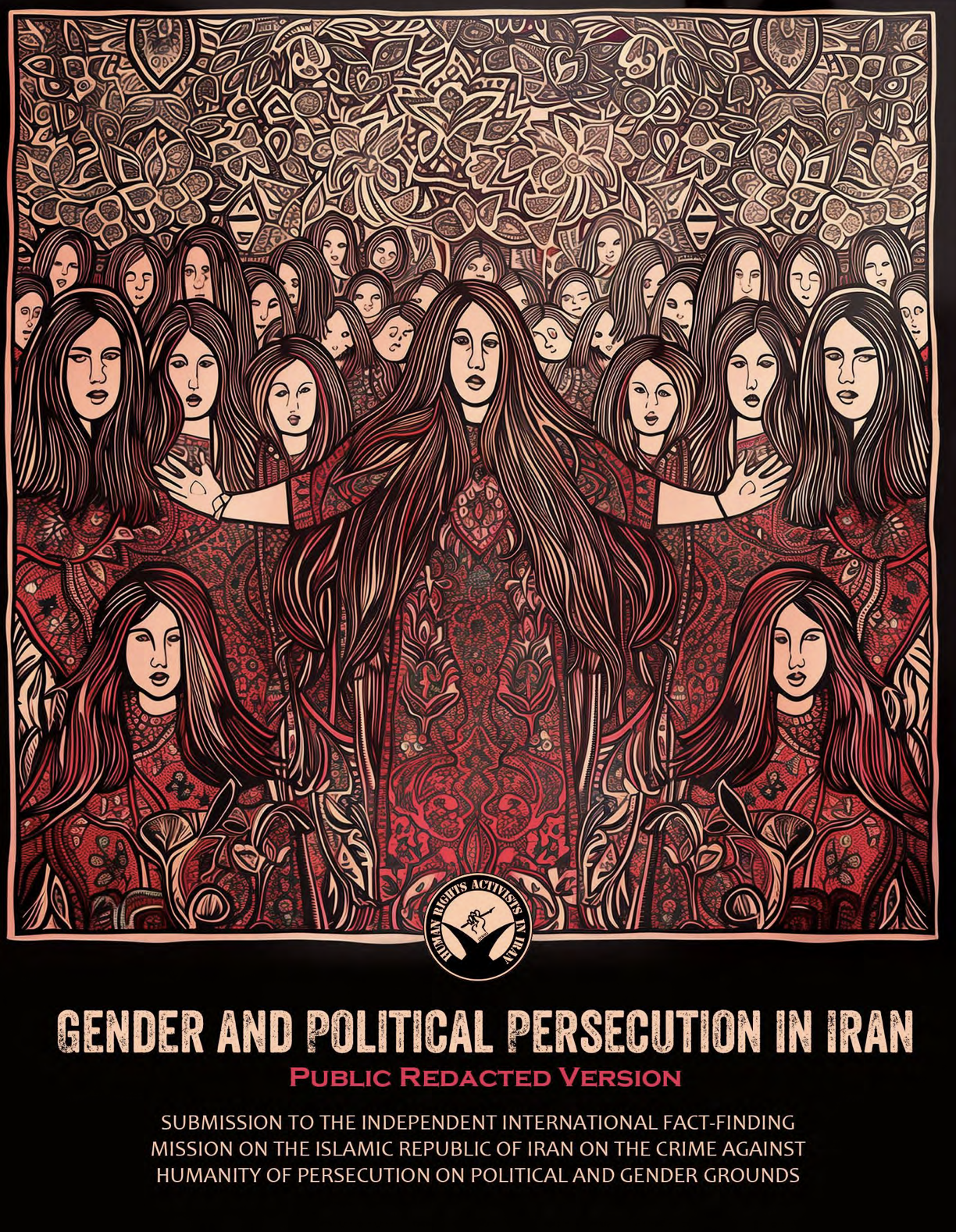On February 2nd, 2024, UpRights and StraLi released the report “Navigating Troubled Waters: Italy’s Human Rights Dilemma in the Mediterranean“.
Shedding light on the human rights violations arising from the implementation of Memorandum of Understanding (MoU) signed by Italy and Libya, this report builds upon our Article 15 Communication on War Crimes and Crimes Against Humanity Committed Against Migrants and Asylum Seekers in Libya, which called for an investigation into the international crimes committed by Libyan armed groups against migrants following their interception at sea and return to Libya.
The Memorandum of Understanding: A Closer Look
As we approach the 7th anniversary of the MoU, the report delves into its negative human rights implications, calling for a critical examination of Italy’s cooperation practices with Libya and emphasizing the drastic need for a reformulation of such framework.
Tacitly renewed last in February 2023, the MoU has increased the capacity of Libya to intercept migrants and refugees. Nonetheless, the absence of human rights provisions in the framework of the agreement drastically impacted the basic human rights of vulnerable persons, with migrants intercepted at sea facing mistreatment, including arbitrary arrest, torture, inhuman treatment, and sexual violence.
Italy’s International Responsibilities
Our report argues that such violations inevitably render Italy’s position, and consequently the MoU itself, untenable, and situate Italy in violation of its human rights obligations through a policy of externalization.
Indeed, the conduct of Libyan authorities exposes Italy to international responsibility for the violation of several international conventions, including the United Nations Convention against Torture and other Cruel, Inhuman or Degrading Treatment or Punishment (CAT), the International Covenant on Civil and Political Rights (ICCPR), and possibly the European Convention on Human Rights (ECHR).
The material support provided by Italy may even implicate individual criminal responsibility for Italian agents assisting the Libyan authorities, potentially qualifying as war crimes and crimes against humanity.
Call to Action: Reframing Italy’s Cooperation Strategy
As such, the report calls for a reconsideration of Italy’s cooperation strategy with Libya, proposing two options to ensure compliance with international law obligations:
1. Amendment of the MoU: A human rights clause should be introduced, specifying that respect for human rights and international humanitarian law is essential. This clause should establish an independent body to monitor compliance, a list of mitigating measures for human rights violations, and a legal framework for effective access to justice.
2. Termination or Suspension of the MoU: If amendments consistent with human rights principles cannot be introduced, the report suggests the possibility of terminating or suspending the MoU. Violations by the Libyan authorities may justify such actions under Article 60 of the Vienna Convention on the Law of Treaties, providing leverage for negotiations on amendments in line with Italy’s human rights obligations.
Moving towards human rights
In light of the harsh realities faced by migrants in the Mediterranean, the report urges Italy to amend its policies to ensure compliance with international human rights standards. The report aims to encourage a constructive dialogue and tangible actions to ensure the protection of migrants’ rights and uphold Italy’s commitment to its international obligations.






